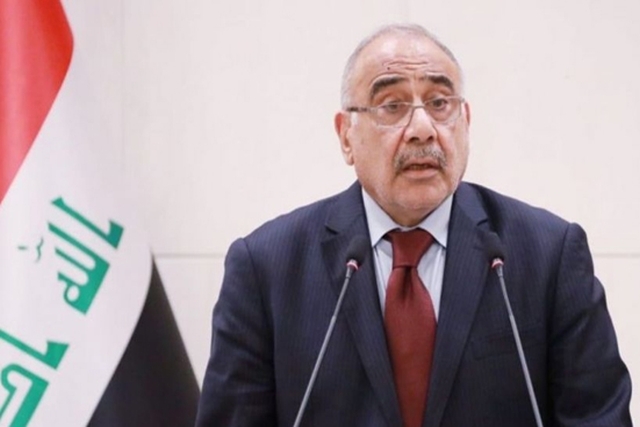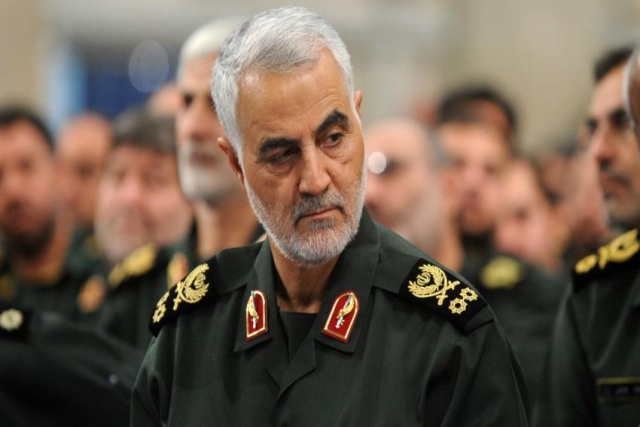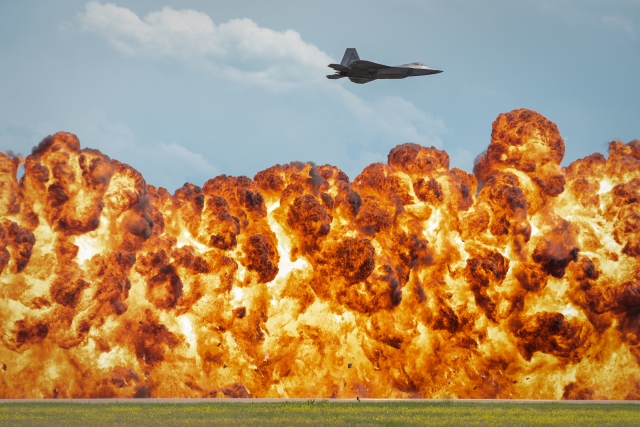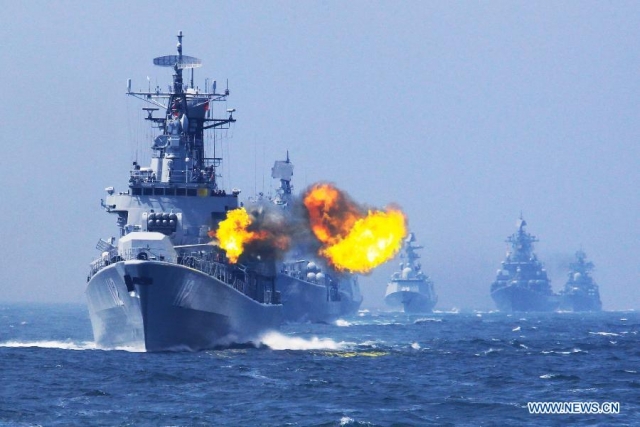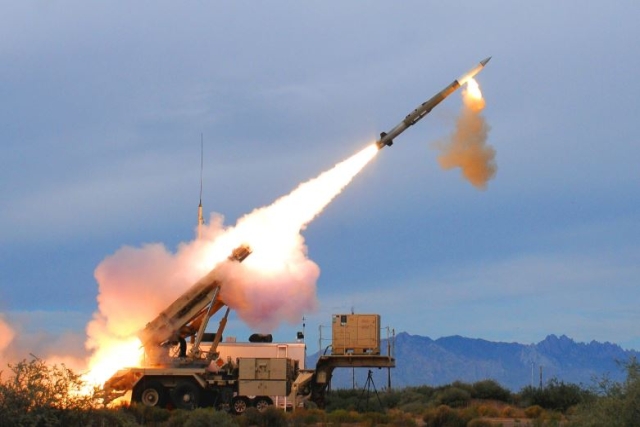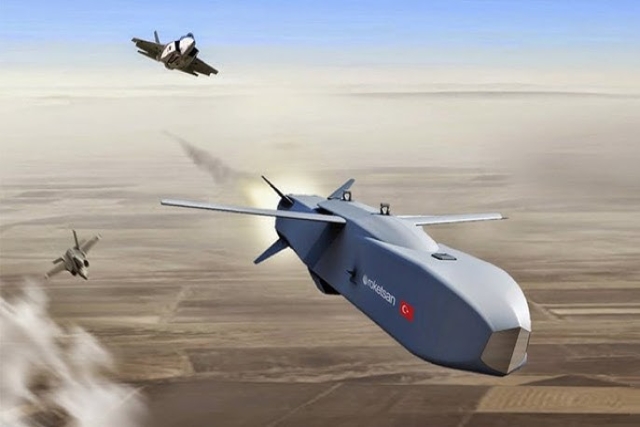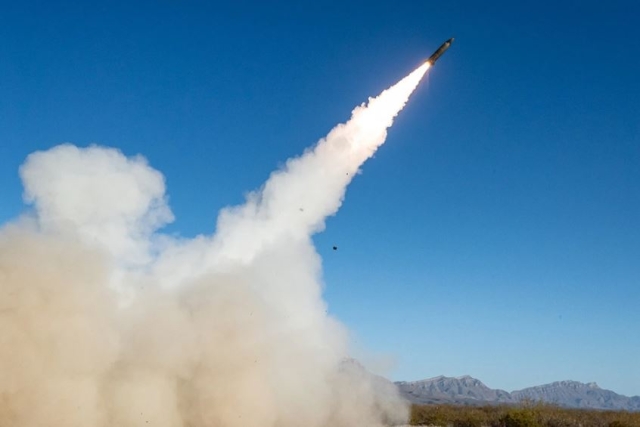Did Trump Order Soleimani Killing to Boost Re-election Prospects?
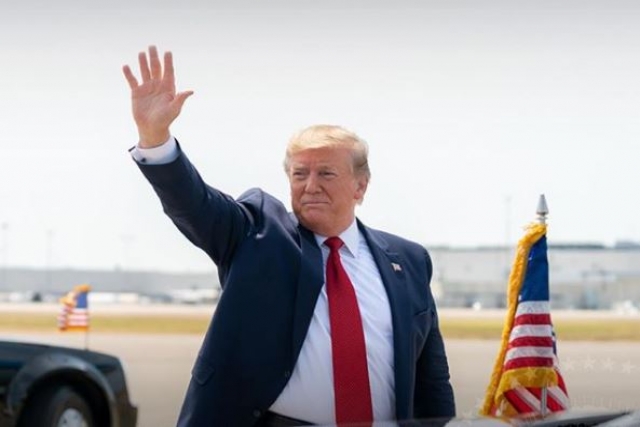
Qasem Soleimani, the head of the Islamic Revolutionary Guard Corps (IRGC)-Quds Force, was killed in a US airstrike approved by President Trump in Baghdad in the early hours of Friday.
As Trump enters an election year buoyed by improved economic data over the Obama years, the Soleimani hit may bolster his tough commander-in-chief credentials just as the Osama Bin Laden kill did to President Obama.
Ironically, Trump had tweeted in July 2012, “@Barack Obama will attack Iran in order to get re-elected.” Going by this yardstick, the present US President’s latest action is surely hinting at converting the killing of a top Iranian general into an election pitch.
While Soleimani does not have the mass murderer tag of Osama Bin Laden whose death swung US voter opinion in favour of President Obama, the White House is doing all it can to show him in bad light. A Pentagon press release on the killing accused Soleimani of “actively developing plans to attack American diplomats and service members in Iraq and throughout the region” and of being “responsible for the deaths of hundreds of American and coalition service members and the wounding of thousands more.”
The Iranian general also allegedly orchestrated attacks on coalition bases in Iraq over the last several months – including the attack on December 27, and approved attacks on the US Embassy in Baghdad that took place this week.
“This strike was aimed at deterring future Iranian attack plans. The United States will continue to take all necessary action to protect our people and our interests wherever they are around the world,” the statement read.
However, most Americans are unaware of Suleimani as America’s most wanted and their reaction so far has been one of indifference. Unlike when Osama Bin Laden was killed, crowds had taken to the streets in the US waving American flags.
The real test for Trump’s kill policy will come from how Iran reacts and if it will make any difference to the ITGC-Quds Force’s activities on the ground. The Iranian foreign minister, Mohammad Javad Zarif tweeted, “The US’ act of international terrorism, targeting & assassinating General Soleimani is extremely dangerous & a foolish escalation. The US bears responsibility for all consequences of its rogue adventurism.”
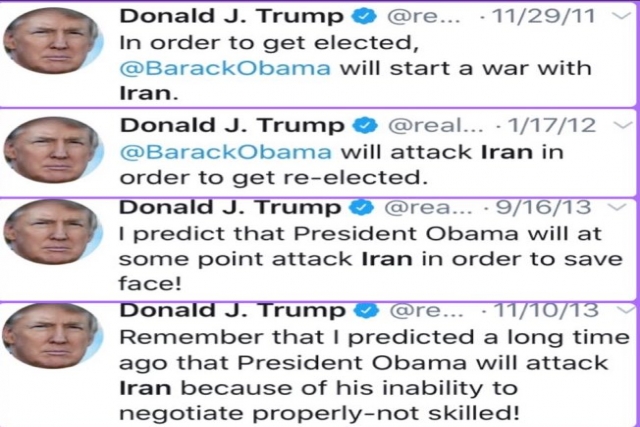
In the past couple of years, Iran has made significant diplomatic, economic and military inroads into Iraq leaving the US with only the military option. Iraqi public opinion is overwhelmingly against the US as was evident during the US Embassy incident last week.
Iran military acts in the past year- from attacking Saudi oil fields through its Yemeni proxies to shooting down a Skyguardian drone of the US Air Force- have shown that it is quite capable of mounting a low-intensity counter-offensive. And this is where President Trump may have erred.
With the Osama Bin Laden kill, the Al Qaida threat was buried to the ground, with the Soleimani assassination, the battle may have just begun.
“Soleimani was an enemy of the United States. That’s not a question. The question is this - as reports suggest, did America just assassinate, without any congressional authorization, the second most powerful person in Iran, knowingly setting off a potential massive regional war?” Chris Murphy, US Senator from Connecticut, posted on his official twitter account.
“The justification for the assasination is to 'deter future Iranian attacks.' One reason we don’t generally assasinate foreign political officials is the belief that such action will get more, not less, Americans killed. That should be our real, pressing and grave worry tonight,” Murphy added.
Responding to the US attacks on Iran, Mikel Jollet, American author and musician, said, “Trump clearly believes that starting a war in Iran is politically very popular. He has an approval rating of 42% and an impeachment trial coming up in the Senate. I'm not saying he's starting a war to distract, I'm only saying he's EXACTLY the kind of monster who would?”
With the attack, the US may have converted its fragile relations with the Iraqi leadership into open hostility.
Iraqi Prime Minister Adel Abdul Mahdi said in a statement: Assassination of a high-ranked Iraqi military commander (Deputy Chairman of PMC- Abu Mahdi al-Muhandis) is considered an aggression on Iraq as a state, government and people. Carrying out assassination operations against Iraqi leaderships and other from brotherly country in Iraq is considered as a blatant violation of the Iraqi sovereignty and a dangerous escalation which ignites a destructive war in Iraq, the region and the world.
